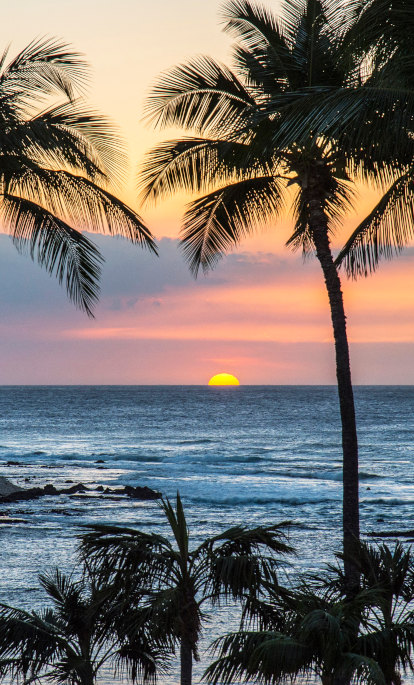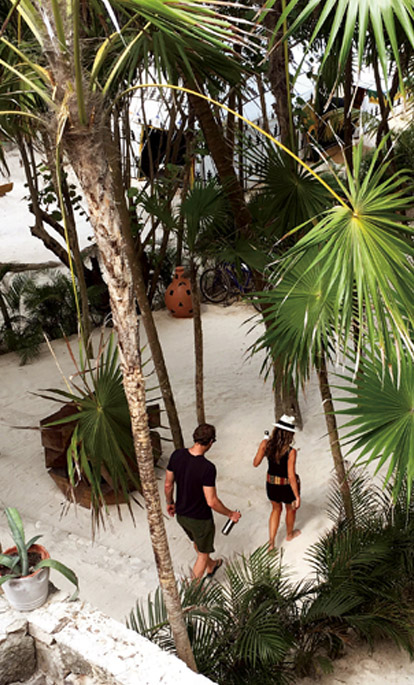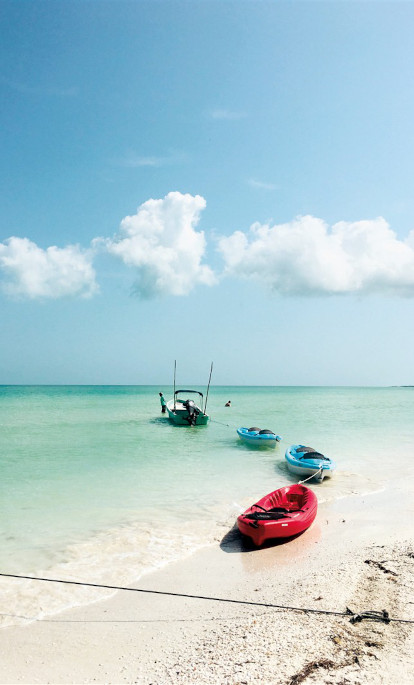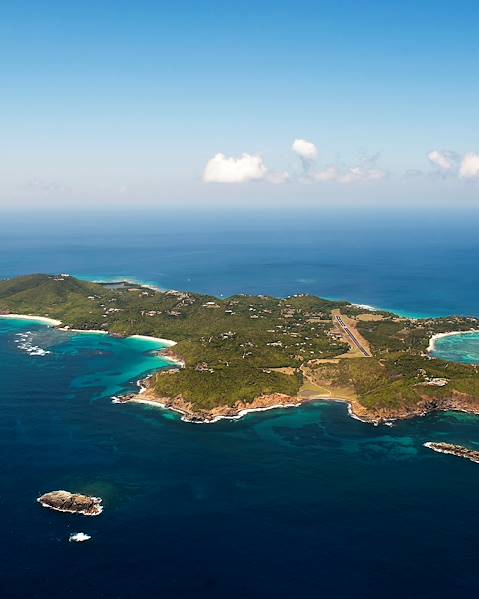Population
The population of Saint Vincent and the Grenadines is around 104,332 people (2021).
Official language
English is the official language of Saint Vincent and the Grenadines.
Languages Spoken
Although English is the official language, most locals also speak Vincentian Creole. This English-based creole is also made up of French, Spanish and Portuguese, and has been influenced by the languages of the Garifuna and the West Africans that were brought to the Caribbean as slaves.
Religion
Christianity is the dominant religion, with over 70.6% of the population identifying as Protestant. Anglicans, Pentecostals, Methodists, Seventh Day Adventists and Baptists comprise 17.8%, 10.78%, 10.2% and 10% of the country’s population, respectively. Roman Catholics, Evangelicals, Rastafarians, Jehovah’s Witnesses and followers of other religions (Hinduism, Islam, etc.) make up 7.5%, 2.8%, 1.5%, 0.6%, and 6.7% (respectively) of the population of the island country. 8.8% of the population is not religious.
National Holiday
Saint Vincent and the Grenadines’ Independence Day is celebrated on the October 27th and commemorates the freeing of the islands from British rule.
Holiday Schedule
January 1: New Year’s Day
March 14: National Heroes Day
Late March to Early April: Good Friday, Holy Saturday, Easter Sunday, Easter Monday
April 18: Independence Day
May 1: Labour Day/ National Worker’s Day
Last Monday in May: Whit Monday
First Monday in July: Carnival Monday
First Tuesday in July: Carnival Tuesday
August 1: Emancipation Day
October 27: Independence Day
December 25: Christmas Day
December 26: Boxing Day
History
Saint Vincent and the Grenadines are made up of 32 islands, nine of which are inhabited: Young Island, Bequia, Mustique, Canouan, Union Island, Mayreau, Petit St Vincent and Palm Island.
By the time Christopher Columbus discovered Saint Vincent in 1489, the islands (known as Hairouna) had been inhabited for nearly 200 years by Carib Indians from South America. The island remained under Spanish control until 1627, when it was given to Lord Carlisle from Britain. The Caribs fought furiously to keep their island, but in 1783, the Treaty of Versailles gave Britain full control after the French had temporarily taken it. The Carib uprisings were squashed for good in 1795.
During the late 19th and 20th centuries, Saint Vincent suffered a series of natural disasters: La Soufriere had its first recorded eruption in 1812; devastating floods hit the island in 1896; 1898 brought a devastating hurricane and 1902 saw the second eruption of La Soufriere, killing 2000 islanders.
After the end of World War II, the right to vote was extended to the entire population, representing an essential preparatory step towards independence. The islands saw the adoption of Associate Statehood with the UK in 1969, under which the island was internally self-governing while London took care of matters of defence and foreign troubles. As a result of this, Saint Vincent declared full independence in October 1979.
Policy
Saint Vincent and the Grenadines has a parliamentary democracy. It is an independent Commonwealth realm, with Charles III as its king, and is represented by a governor-general who acts on the advice of the prime minister and the cabinet. The majority party puts forward a candidate for Prime Minister and the cabinet conducts affairs of state.
Food and Drink
Breadfruit is so popular in Saint Vincent and the Grenadines, that they even host a festival in its honour. Roasted breadfruit and fried jackfish is the national dish and sampling it at least once during your stay is a must. With a taste similar to potato (but hailing from the same tree family as the mulberry and jackfruit), breadfruit is unlike anything you’ll find in Britain. It is also delicious eaten with either garlic and oil or coconut and banana leaves. Madongo dumplings are another Saint Vincent and the Grenadines special and a perfect example of home-style Caribbean cooking, made from native arrowroot, nutmeg and coconut. Yet another local favourite is callaloo soup – a healthier option when on your travels. This delicious dish is made of a local leafy vegetable (the exact one will vary from recipe to recipe), with added extras that include garlic, onion, potatoes and coconut milk. You’ll find it everywhere, from big weddings and parties to street food stalls – it’s a staple.
What could be better than enjoying a cool beer on a Caribbean beach? The Hairoun Brewery has been brewing its famous beer since the mid-1980s and has become a household name across the islands. Deliciously light and pale with delicate citrus notes, it’s the perfect accompaniment for the islands’ sunshine. Of course, you can’t venture to the Caribbean without enjoying a taste of the world-famous rum. Sunset rum is produced here and a visit to the distillery is a great way to spend the afternoon if you’re looking for a break from the beach.














